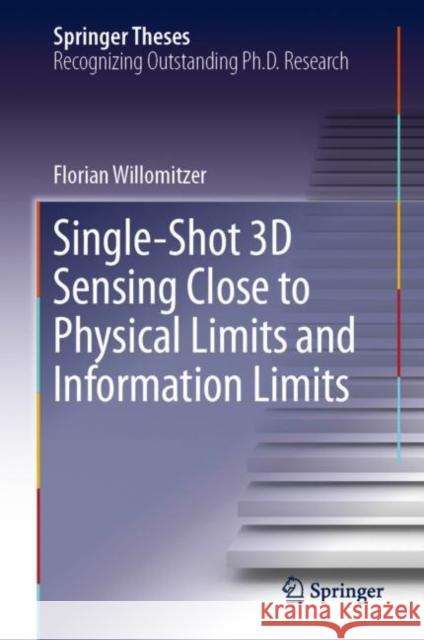Single-Shot 3D Sensing Close to Physical Limits and Information Limits » książka
topmenu
Single-Shot 3D Sensing Close to Physical Limits and Information Limits
ISBN-13: 9783030109035 / Angielski / Twarda / 2019 / 170 str.
Kategorie BISAC:
Wydawca:
Springer
Seria wydawnicza:
Język:
Angielski
ISBN-13:
9783030109035
Rok wydania:
2019
Wydanie:
2019
Ilość stron:
170
Oprawa:
Twarda
Wolumenów:
01
Dodatkowe informacje:
Wydanie ilustrowane











